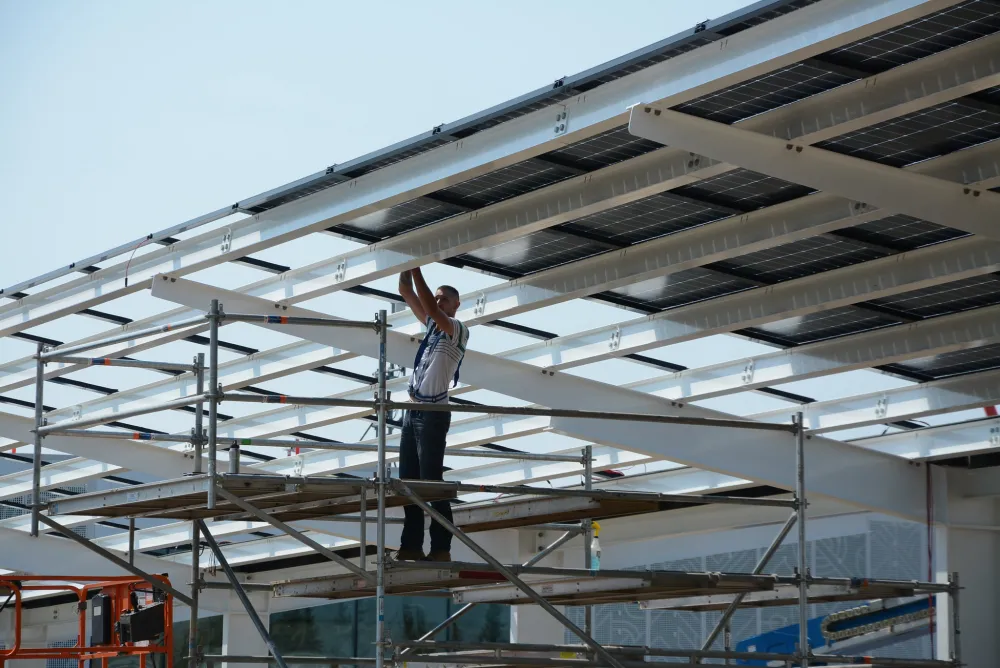OTTAWA — Carolyn Kim, Senior Director of Communities and Decarbonization Group at the Pembina Institute made the following statement in response to the Government of Canada’s interim Sustainable Jobs Plan.
“The federal government’s interim Sustainable Jobs Plan is a step forward for a robust and Canada-wide approach to ensure that all workers and the communities in which they live, can benefit from the massive investments and opportunities offered by the clean economy. To succeed in the long term, this Plan will need to include enabling legislation, be funded with an adequate budget, and be backed by provinces and territories, employers, labour, workers, and civil society.
“Globally, countries are making commitments to address climate change and achieve net-zero emissions by 2050. The global outlook for fossil fuels has fundamentally shifted, with even the most conservative scenarios – including from the oil industry itself – showing a decline in oil demand before 2030, while investment in renewable and other low-carbon energy producing industries are expected to grow. In this context, Canada must put long-term economic growth, job creation and Canada’s workforce first, which is why this interim Sustainable Jobs Plan is important.
“We want to see the relevant Ministers held accountable to deliver the commitments in this Plan, and the forthcoming Sustainable Jobs Legislation Act. The act should enable workers and regions to capitalize on the job growth opportunities in a low-carbon future.”
“We are pleased to see the Plan put in place a framework that focuses on provinces and territories through the Regional Energy and Resource Tables. This facilitates collaboration across all levels of government and supports provincial and territorial leadership to generate their own regional decarbonization and job training strategies.
“An adequate budget will be needed to support key components of the Plan, including the Regional Energy and Resource Tables, the Sustainable Jobs Partnership Council, skills training, data collection, and more.
“This interim Plan is the right response to offer support to workers and include Canadians who have historically been underrepresented in the energy sector. The Pembina Institute looks forward to ensuring these elements are enshrined within the upcoming legislation."
[30]
Contact
Karen Garth
Senior Communications Lead, Pembina Institute
403-890-5778
Background
Report: Net-Zero Skills
Report: Equitable Net-Zero
Report: The future of oil in the energy transition
Quick facts
- In the buildings sector alone, decarbonization retrofits over the next 20 years could create up to 200,000 long-lasting well-paid jobs and generate more than $48 billion in economic development each year.
- If Ontario achieves 100 per cent new EV sales by 2035, the potential direct, indirect and induced economic benefits associated with EV manufacturing are estimated at more than 24,200 jobs and over $3.4 billion in GDP by 2035. The additional direct, indirect and induced economic and job benefits associated EV charging are estimated at 23,1000 or more jobs and approximately $2.7 billion in GDP.
- The Business Renewables Centre Canada (BRC-Canada), an initiative of the Pembina Institute, set an initial 2 gigawatt (GW) target for renewable energy projects by 2025 for Alberta. Strong corporate interest in procuring renewable energy meant the target was achieved three years early. In November, a new Canada-wide target was set for 10 GW of renewable energy deals by 2030.




